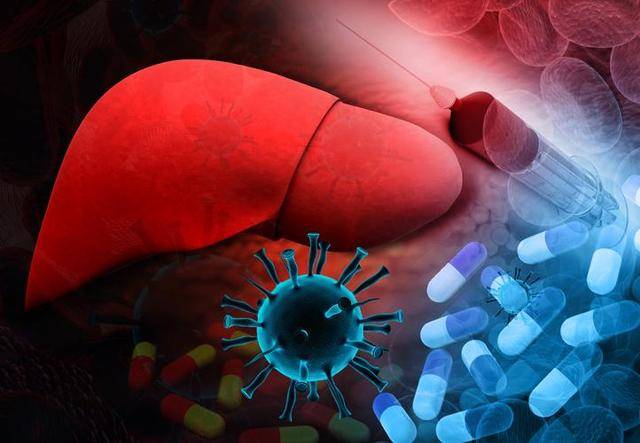The liver is an important organ in the human body, responsible for various physiological functions such as detoxification and metabolism. However, poor dietary habits and lifestyle choices can lead to liver damage and even cause cirrhosis. This article will introduce four types of foods that could potentially cause cirrhosis and provide dietary advice for protecting the liver.
Foods that may cause cirrhosis:
Alcohol: Alcohol is one of the most common causes of cirrhosis. When alcohol enters the body, it is mainly metabolized by the liver. Prolonged heavy drinking can put a huge burden on the liver, leading to liver cell damage, fat deposition, and inflammation, ultimately causing cirrhosis.
Moldy foods: Some moldy foods contain aflatoxins, which are potent carcinogens. Aflatoxins can cause severe damage to the liver, and long-term intake of moldy foods may lead to liver cell necrosis and subsequently cirrhosis.
High-fat foods: Consuming excessive amounts of high-fat foods can lead to fat deposition in the liver, resulting in fatty liver. If not treated and controlled promptly, fatty liver can develop into cirrhosis.
Medications: Certain medications such as antibiotics, antipyretics, and analgesics are metabolized in the liver. Prolonged and excessive intake of these drugs can damage the liver and even cause cirrhosis.
Dietary advice to protect the liver:
Limit fat intake: Try to consume fewer high-fat foods, especially saturated and trans fats. Choose healthy fat sources like olive oil, fish oil, and nuts. Also, control total calorie intake to avoid obesity.
Increase dietary fiber intake: Eat more foods rich in dietary fiber such as whole grains, legumes, vegetables, and fruits. Dietary fiber helps lower cholesterol, stabilize blood sugar, promote intestinal motility, and reduce the time toxins stay in the intestines.
Moderate protein intake: Opt for high-quality protein sources such as lean meat, fish, eggs, and legumes. Protein is essential for the liver’s repair and regeneration, but excessive intake should be avoided to prevent overburdening the liver.
Supplement vitamins and minerals: Ensure an adequate intake of vitamin B complex, vitamin C, vitamin E, and minerals like selenium, zinc, and iron. These nutrients are crucial for the liver’s normal function. Green leafy vegetables, citrus fruits, and nuts are good sources.
Control alcohol consumption: Alcohol is harmful to the liver; any form of alcohol consumption should be moderate or avoided. If you have alcohol habits, gradually reducing alcohol intake or abstaining can help protect liver health.


